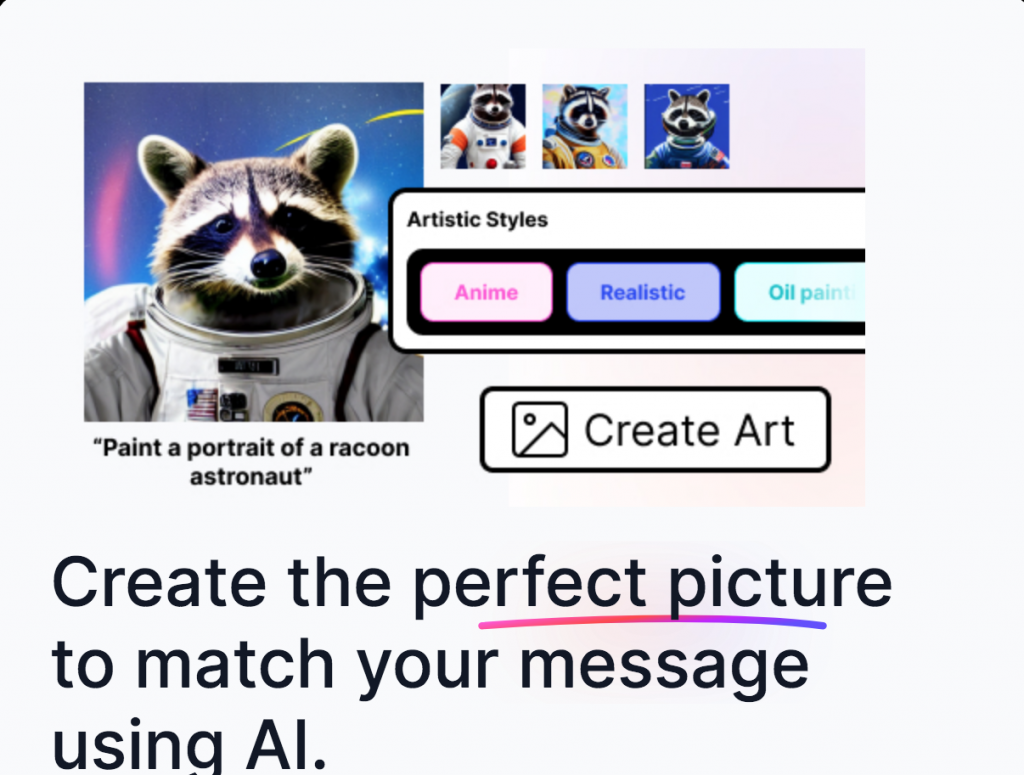
Jasper.ai is one of the AI services that is being protested for scraping original art in generating its own images. (Source: Jasper.ai)
ArtStation Platform Censors Artist Protest Designs in Response to Scraping of Images
As if the world needed another conflict. There is quite a kerfuffle going on in the art world. And it’s a bit confusing when you try to understand who is upsetting who about what.
It starts with ArtStation. Art platform ArtStation has begun removing images protesting AI-generated art from its homepage, claiming that the content violates its Terms of Service. Members of the ArtStation community have been protesting after AI-generated art began appearing on the platform in early December. Protestors are concerned that AI-generated art is derivative of the labor of human artists and often uses their work without attribution or compensation.
In a statement about the removals posted to Twitter, ArtStation said: “For site usability, we are moderating posts that violate our Terms of Service. We understand concerns about AI and its impact on the industry. We will share more about improvements to give users more control over what they see and how they use ArtStation in the near future.”
If you are still a bit unsure you aren’t alone. You see human artists create their art and display it on digital platforms. Other machine learning algorithms are then turned loose to “scrape” these creations. When the algorithm absorbs the picture, it then uses that picture in the text-to-image creations. In other words, AI created art. And it is that kind of art human artists wanted to be banned.
Artists Take a Stand
In the article on theverge.com, a lot of creative people are outraged over AI-driven art being submitted to human-created art shows or competitions. It is a friction that has been getting fiercer with every advancement that the algorithms are making.
ArtStation (which was acquired by Epic Games in 2021) is considered to be the leading online portfolio and community for artists working in video games, film, and comics. Earlier this year, as AI tools like Stable Diffusion and Midjourney became more popular, AI-generated imagery began appearing more frequently on the platform.
Many artists requested that Artstation ban this content, but the company refused, leading to the sharing of “No AI Art” images. The situation escalated when ArtStation announced that artists would be required to opt-in to a new ‘NoAI Tagging’ feature designed to prevent their artwork from being scraped to train AI tools — rather than have the feature enabled by default. It’s easy to see why human artists would be concerned about AI art. The AI creations as art, are credible, or perhaps a better word would be incredible.
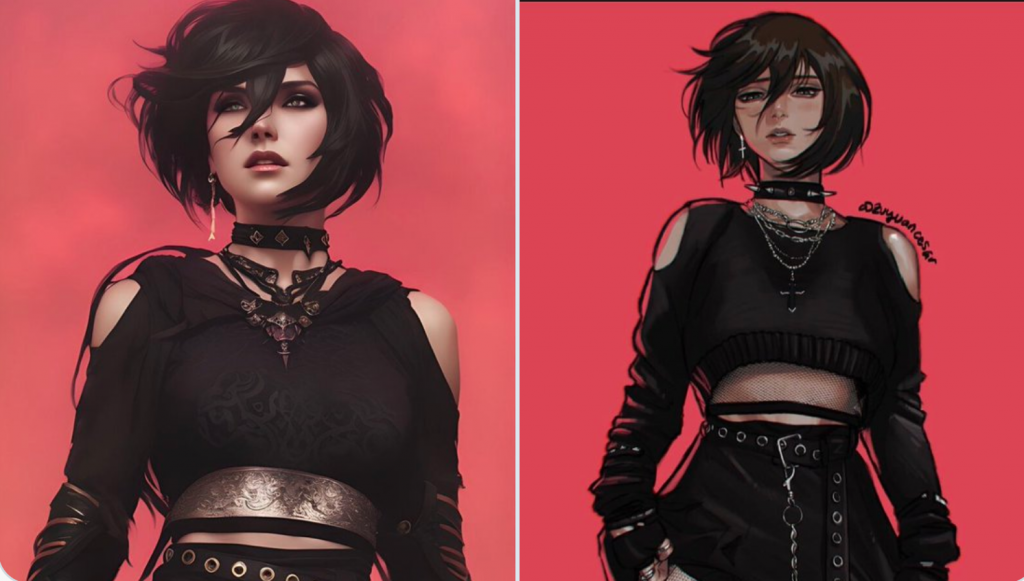
The two images above were posted on Twitter by the artist Logan Preshaw protesting ArtStation’s creation of a rip-off (left) of the original image on the right.
And it is a bit ironic that a digital platform would object to digital art to the point of censoring it completely. AI-driven art is here to stay. It will require creating a new category of art perhaps.
Other art platforms have taken different approaches to this technological development. Getty Images has banned the upload and sale of illustrations generated using AI art tools over legal and copyright concerns, while rival stock image database Shutterstock has embraced the technology, announcing a “Contributor Fund” that will reimburse creators when the company sells work to train text-to-image AI models like DALL-E. In cases where companies have expressed support for the sudden popularity of generative art, many allude to its potential as another tool to be utilized by artists, rather than a means to replace them.
The article reports that the decision Artstation has made did not sit well with some of its online community.
The decision to remove AI protest imagery from ArtStation has, unsurprisingly, gone down poorly with the site’s community, with many users now declaring their intention to abandon the platform altogether. This isn’t the first time ArtStation has come under fire for censoring artwork, having been accused of removing anti-war and pro-Ukraine content earlier this year.
In a statement responding to those accusations in April 2022, ArtStation said “We support political discourse on ArtStation so long as it follows our policies even if we disagree with it.”
read more at theverge.com

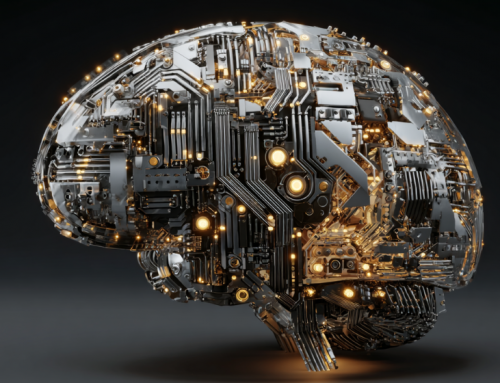
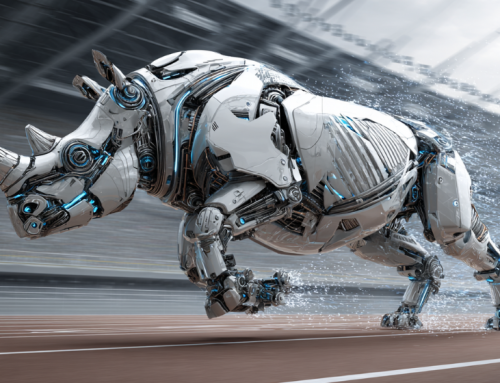
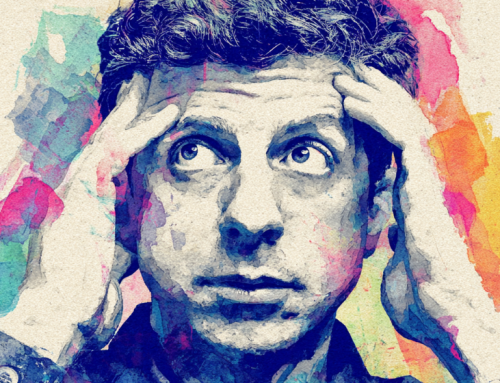



Leave A Comment